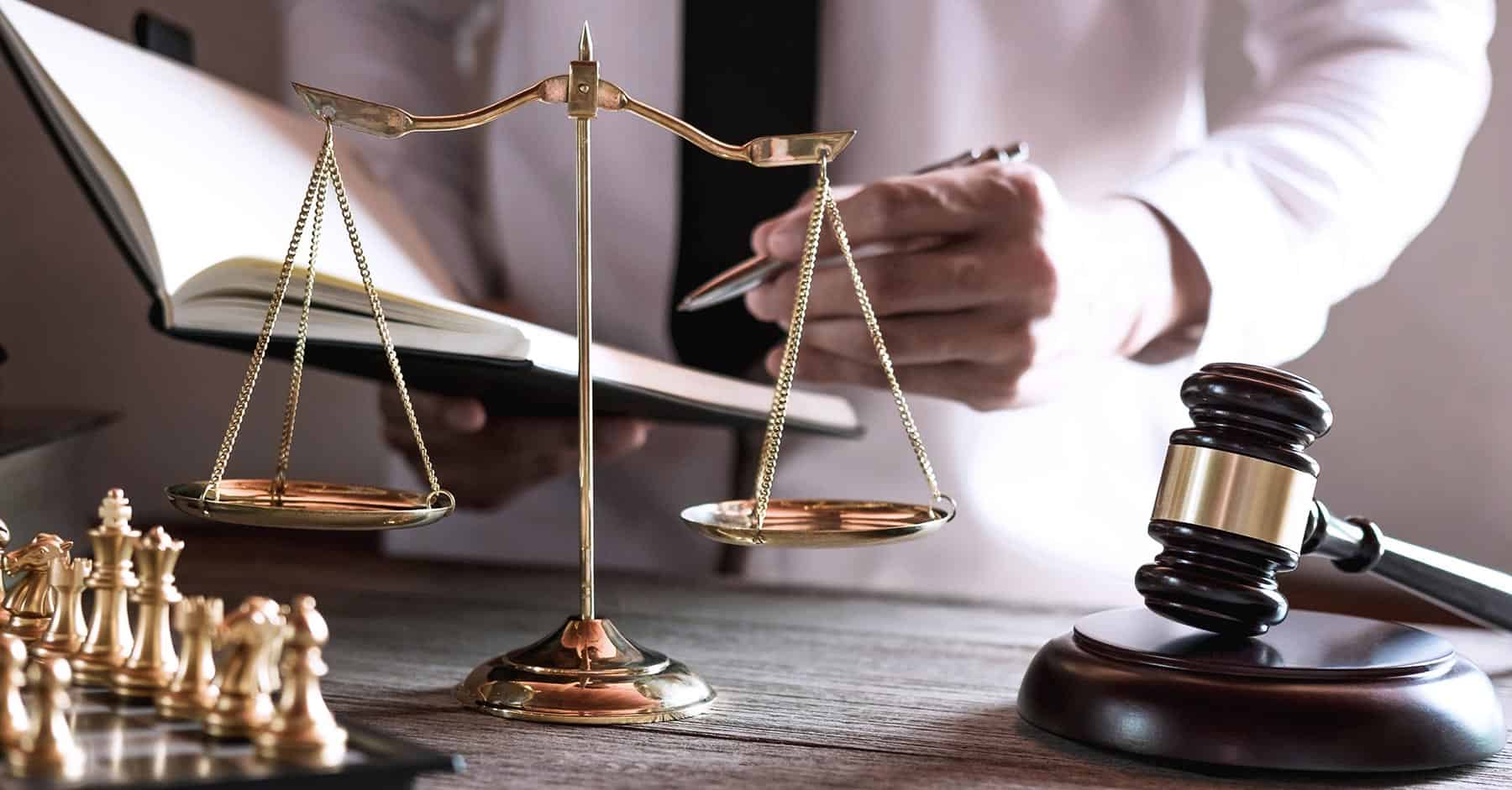
Pedestrian Rights in Charlotte, NC
Charlotte has changed immensely in the past several years. As one of the fastest growing metropolitan areas in the in the United States, Charlotte has grown by over 1...
Charlotte has changed immensely in the past several years. As one of the fastest growing metropolitan areas in the in the United States, Charlotte has grown by over 1...
Car crashes are never something that someone welcomes in their life and there is a myriad of aspects to them, even when they appear to be straightforward. Who is...
Every year, speeding contributes to thousands of car accidents across Charlotte, North Carolina—causing preventable injuries, devastating losses, and unnecessary fatalities. At The Law Offices of Jason E. Taylor, we...
Every year, thousands of car accidents occur across Charlotte, North Carolina—and a surprising number are tied directly to bad weather. According to the U.S. Department of Transportation, 21% of...
After a car accident, your first focus should be on healing and putting the pieces of your life back together. But when it comes to recovering compensation for your...
Getting into an accident is stressful under any circumstance, but when it involves a rental car, the confusion can be even worse. If you find yourself in a rental...
Attorney Jason E. Taylor will join riders across the globe in the Distinguished Gentleman’s Ride on May 18th. Riding for men’s health and prostate cancer awareness, Jason is leading...
On July 2, 2024, North Carolina passed Senate Bill 319, marking a significant change in the state’s auto insurance landscape. These changes, particularly the adjustments to minimum liability limits,...
As the days grow longer and the temperatures rise, North and South Carolina comes alive with the spirit of summer. From the sandy shores of the Outer Banks and...
Following an accident in Rock Hill, SC, the responding officer will issue you an exchange slip with key details like the report number and the other party’s insurance information....
In the event of a traffic accident, a Concord police officer will provide you with an exchange slip that includes a report number and the other driver’s insurance details....
After an accident, a police officer will provide you with an exchange slip containing the report number and the other driver’s insurance information. To obtain the actual police report...
What is the Statute of Limitations for Personal Injury Claims in NC? The statute of limitations refers to the time frame within which a plaintiff must file a lawsuit....
What is the Statute of Limitations for Personal Injury Claims in SC? Consider the statute of limitations as a ticking clock; it’s essentially the time limit within which an...
Personal injury cases are some of the most common cases in South Carolina. If you or someone you love has suffered an injury caused by another person’s negligence or...
If you have been injured in an accident, it is important to know your legal rights. You may be entitled to compensation for your pain, suffering, and other damages....
120 3rd St NE
Hickory, NC 28601
Phone: (828) 327-9004
Toll Free: (800) 351-3008
301 S McDowell St #1016
Charlotte, NC 28204
Phone: (704) 676-1093
Toll Free: (800) 351-3008
130 Church St NE
Concord, NC 28025
Phone: (704) 787-9419
Toll Free: (800) 351-3008
1348 Ebenezer Rd Suite 103
Rock Hill, SC 29732
Phone: (803) 980-5300
Toll Free: (800) 351-3008
